Milkweed
Lee3304
19 years ago
Featured Answer
Comments (10)
kumquat12
19 years agoShadyGrove5
19 years agoRelated Professionals
Maple Valley Landscape Architects & Landscape Designers · Windham Landscape Architects & Landscape Designers · Fort Lee Landscape Architects & Landscape Designers · Medford Landscape Contractors · Allentown Landscape Contractors · Centereach Landscape Contractors · Del Aire Landscape Contractors · Desert Hot Springs Landscape Contractors · East Patchogue Landscape Contractors · Fort Worth Landscape Contractors · Lake Saint Louis Landscape Contractors · Paramount Landscape Contractors · Wailuku Landscape Contractors · Selma Landscape Contractors · Bensenville Landscape Contractorscurdog007
19 years agoDieter2NC
19 years agoGTaylorNC
19 years agoXtal in Central TX, zone 8b
8 years agoTiffany, purpleinopp Z8b Opp, AL
8 years agoXtal in Central TX, zone 8b
8 years agoTiffany, purpleinopp Z8b Opp, AL
8 years ago
Related Stories
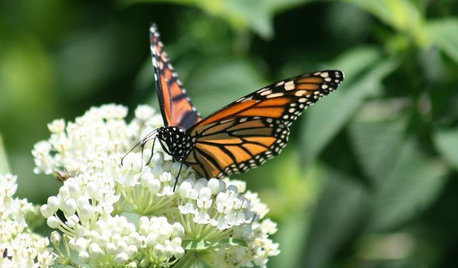
GARDENING GUIDESGreat Design Plant: Milkweed
Quit cringing. This not-weed plant is a sight to behold in the garden, has a delicious vanilla scent and is a magnet for butterflies
Full Story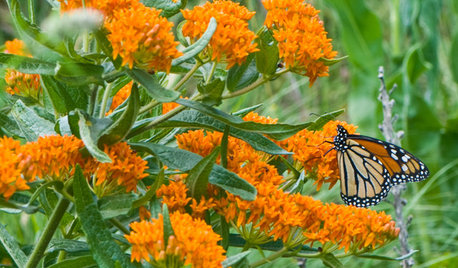
GARDENING GUIDESGreat Design Plant: Butterfly Milkweed, a Beacon in the Prairie
Vivacious orange flowers for you, nectar for the butterflies and bees. Asclepias tuberosa is worth planting for more reasons than one
Full Story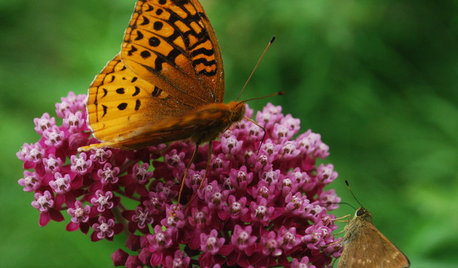
GARDENING GUIDESGreat Design Plant: Asclepias Incarnata for a Butterfly Garden
Beautiful swamp milkweed makes it easy to help monarchs and other pollinators in eastern U.S. gardens
Full Story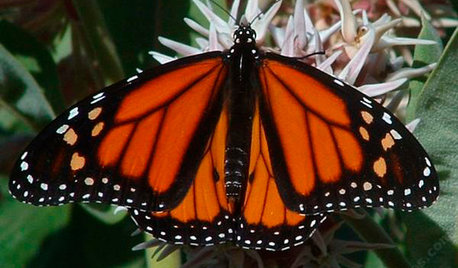
CALIFORNIA NATIVE PLANTSGreat Design Plant: Asclepias Is Attractive to Monarch Butterflies
Increase monarch butterfly populations in California by planting stunning native milkweeds
Full Story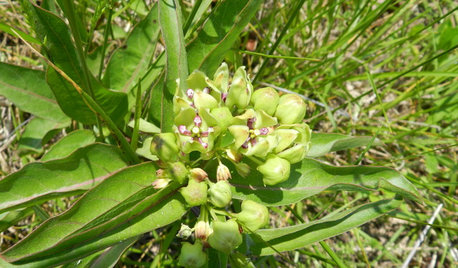
GARDENING GUIDESGreat Design Plant: Asclepias Viridis
Green antelopehorn is a milkweed that is short, drought-tolerant, not aggressive and a monarch favorite
Full Story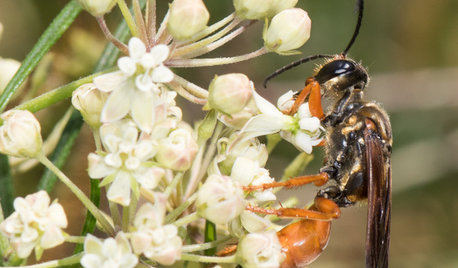
GARDENING GUIDESGreat Design Plant: Asclepias Verticillata
Plant whorled milkweed in dry central and eastern U.S. gardens to attract monarch butterflies and other insect pollinators
Full Story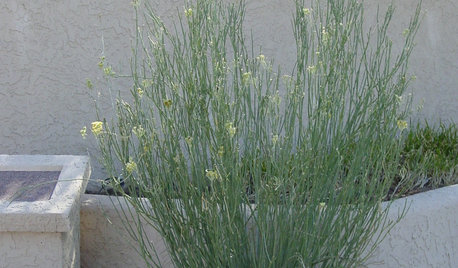
GARDENING GUIDESGreat Design Plant: Asclepias Subulata
With its attractive upright shape and yellow flowers, Southwest native rush milkweed adds beauty while attracting butterflies
Full Story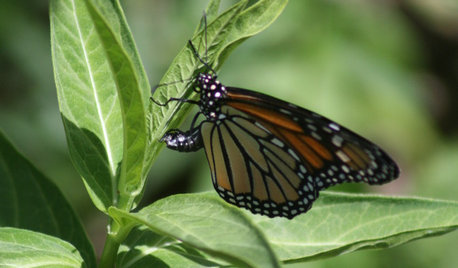
CENTRAL PLAINS GARDENINGCentral Plains Gardener's May Checklist
Set out flowering shrubs for spectacular blooms, get veggies going and roll out the milkweed mat for butterflies
Full Story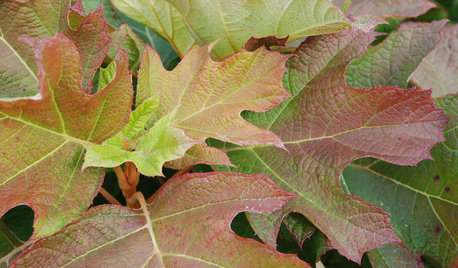
GARDENING GUIDESNortheast Gardener's November Checklist
Let titian foliage and berries, silky milkweed, late-blooming asters and more lure you out into the autumn garden
Full Story
GARDENING FOR BUTTERFLIESBe a Butterfly Savior — Garden for the Monarchs
Keep hope, beauty and kindness alive in the landscape by providing a refuge for these threatened enchanters
Full Story





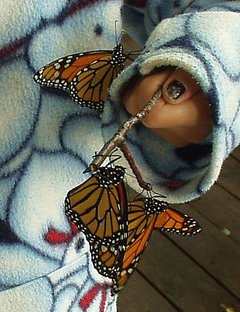
Linda_8B